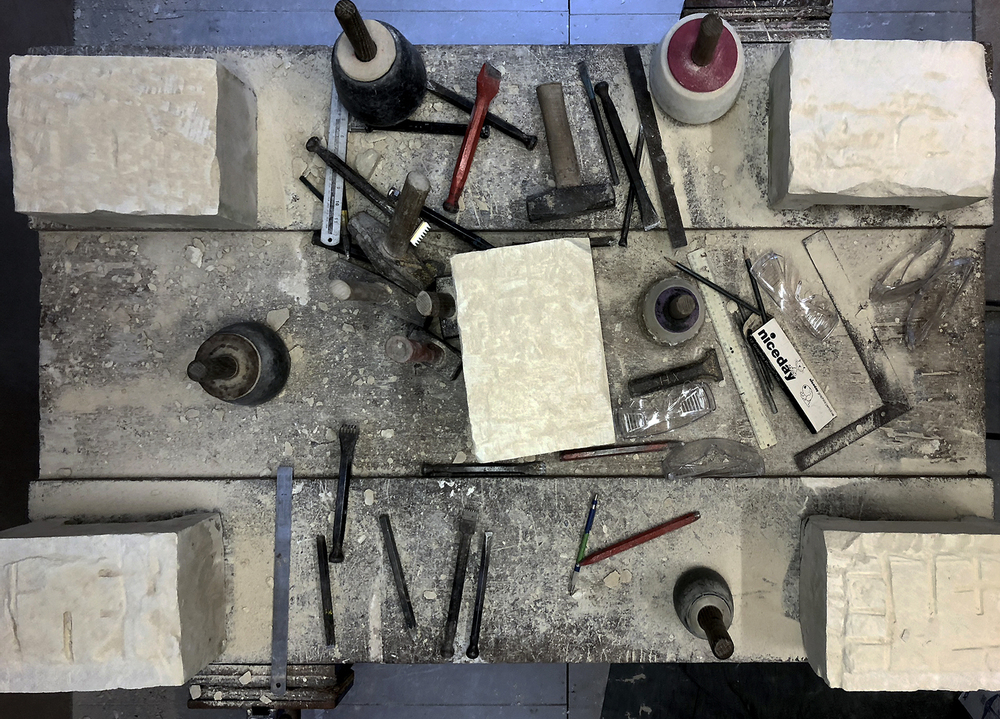Research Project
Building conservation is concerned with the sensitive treatment of old buildings, which can be expressed through both theory and practice. Both fields develop as independent sources of information, yet there has not been the equivalent development for linking these two bodies of knowledge together. There is historical evidence of architectural practice being a product of both theoretical and practical knowledge, with building craft playing a critical role in this. With the formalisation of the architectural profession leading to a more rule-based and isolated educational pathway, craft training was removed from architectural study.
With building craft removed from the educational process, this research project hypothesises that a conservation architect may not be reaching optimal standards when working with listed buildings. Through the reintegration of building craft into architectural education, this research proposes a unified theoretical and practical pedagogic environment would enhance design quality and professional standards within building conservation. Therefore, the aim of this research was to investigate the impact of experiential learning on the educational process of architecture and professional practice of building conservation.
A mixed methods approach was used across a series of outputs to triangulate results from a series of surveys, interviews, and an experiment. The surveys gathered opinions on the relationships within craft, architecture, building conservation and architectural academia. The interviews were conducted with heritage professionals specifically working within roles related to education, training and learning. Finally, an experiment tested the impact of experiential learning on the design quality of architecture students.
The project findings suggest that experiential learning within architectural education has a significant impact on a student’s ability to understand the complexities of building materials. This understanding is not only critical within building conservation but can also encourage a more integrated approach to fulfilling the RIBA/ ARB course criteria. The results suggest that experiential learning is also beneficial within the professional heritage sector, as it helps encourage a greater understanding between heritage professionals and craftspeople, leading to the improved delivery of building conservation projects.



